No te preocupes (don’t you worry); when I say you really need to read these best classic books by Latin American authors, I’m not trying to shame you for not having read them yet, I’m trying to excite you at the prospect of reading some truly outstanding pieces of writing. And you don’t have to worry if you’re not a fluent Spanish speaker (or reader) — the books covered in this list hold up perfectly well in translation, a further testament to their quality. (And with a nod to the translators, whose task is of course far more involved than simply swapping out languages.)
- 100 Years of Solitude by Gabriel Garcia Marquez
- Like Water for Chocolate by Laura Esquivel
- Crux – A Cross-Border Memoir by Jean Guerrero
- Residence on Earth by Pablo Neruda
- The House of the Spirits by Isabel Allende
- The Green House by Mario Vargas Llosa
- When I Was Puerto Rican by Esmeralda Santiago
- Open Veins of Latin America by Eduardo Galeano
- The Motorcycle Diaries by Ernesto Che Guevara
Latin American literature is hardly monolithic — no single theme informs all the major works, no few historical events frame the bulk of the writing, and no handful of stereotyped characters recur again and again. That said, there are a few trends running through a number of major Latin American works that tie the books together. These include a fantastic, semi-magical edge to otherwise standard narratives, a raw, realistic depiction of the harshness of everyday life, and the complicated, often fraught relationship with the country to the north that appropriated the name of an entire landmass or two. Of course, you’ll also find everything from a wrenching memoir to hilarious farce to torrid romance to gripping-the-armrest action in Latin American-authored books. So read on, and then read on.
100 Years of Solitude by Gabriel Garcia Marquez
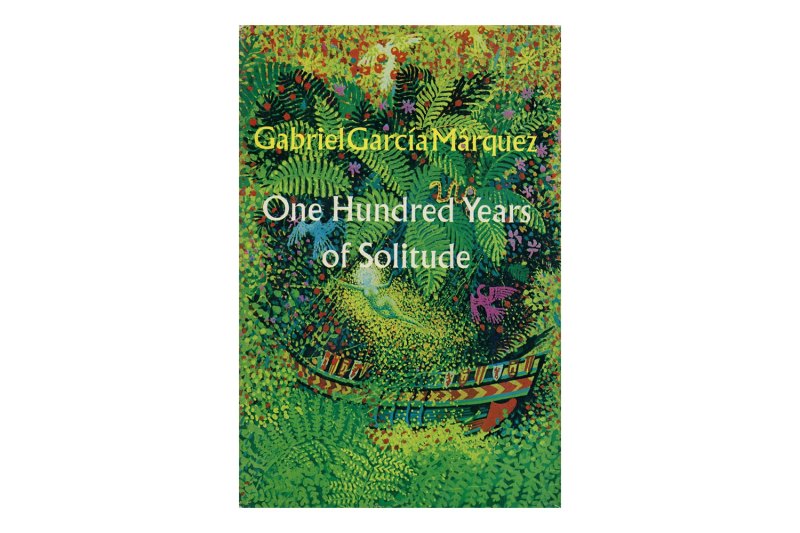
If you didn’t read this book in high school or college, you either shirked out on your assignments or you need to find whoever was supposed to be your lit teacher and slap him/her on the back of the head. This book is, depending on the page you are on, strange, lyrical, hilarious, chilling, and always compelling. It tells the story of the entirety of human history through the story of a small town lost in a mythical forest. It also holds just about every emotion a human being is likely to feel between the bookends of birth and death. There is lust, violence, love, kindness, madness, and plenty more to spare in this epic novel that cemented Marquez’s Nobel Prize in Literature.
Like Water for Chocolate by Laura Esquivel
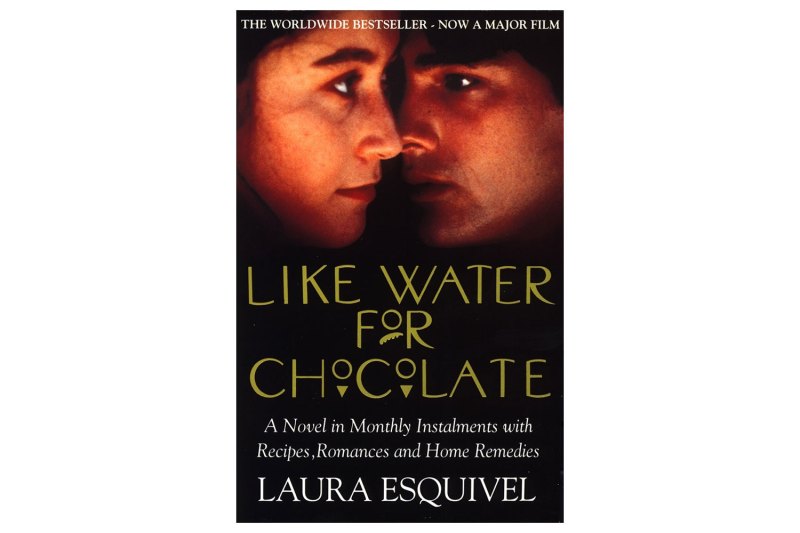
This celebrated book, later made into a celebrated movie, is a perfect example of the magical realism so often associated with Latin American fiction. Without a bit of magic, the story could not occur. But the magic is only the seed, not the core of the tale. The core of Like Water for Chocolate is a combination of food, love, and longing, with some familial resentment and secret lust mixed in. It is one girl’s coming of age story, but also an allegory for changes taking place in Mexican society at large. And as you’re surely wondering, the title refers to water heated up and about to boil such as is used to make a popular chocolate drink and alludes to emotions about to explode.
Crux – A Cross-Border Memoir by Jean Guerrero
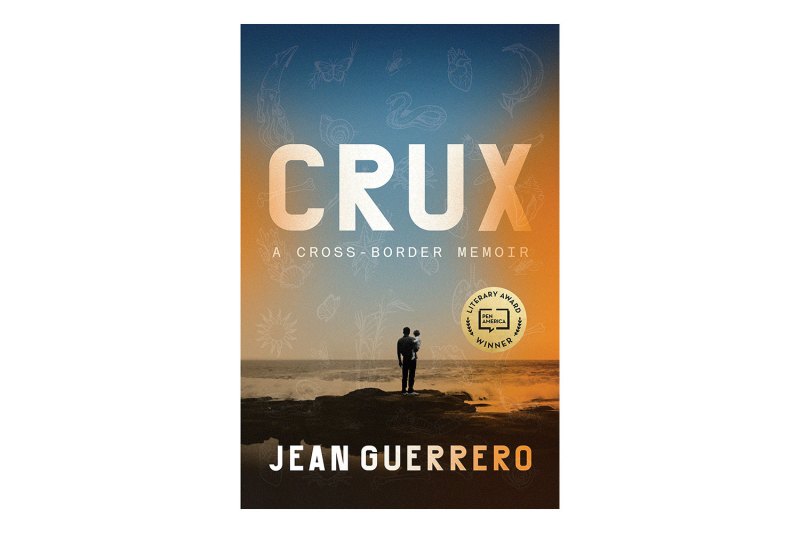
This book is many things at the same time. It is an accounting of the current Latinx experience in America. It is a telling of the modern emigrant and immigrant experience. And it is simply a memoir by an American writer, as the author, Jean Guerrero, was born in San Diego. Her American citizenship, education, and experience in journalism coalesce to help Guerrero look at life through the eyes of her Mexican immigrant father, through the lens of those making the crossing today, and from the perspective of American citizens, the result is a book that’s both balanced and heartfelt.
Residence on Earth by Pablo Neruda
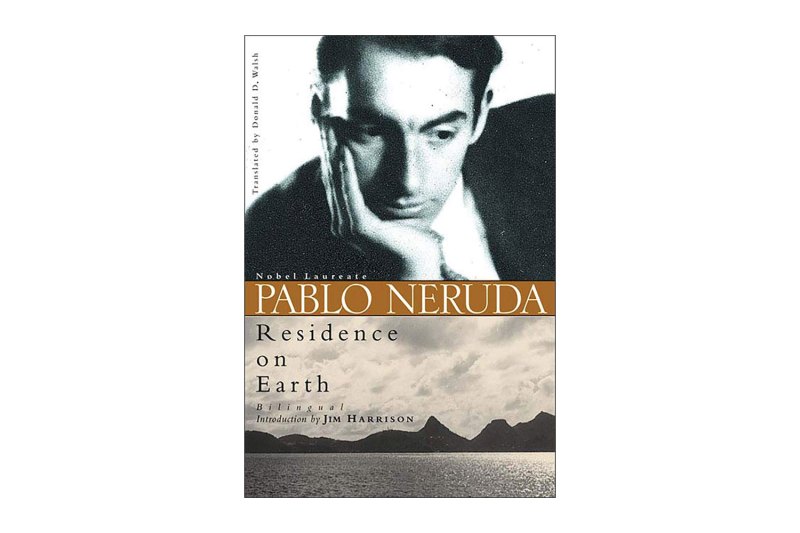
Written over the course of two decades and published in three volumes between 1925 and the mid-1940s, this book of poetry is considered by many to be Neruda’s masterwork and did much to contribute to his 1971 Nobel Prize. He wrote much of the book while far from his Chilean homeland, having served as a diplomat in several remote parts of South Asia as a young man. The poems touch on everything from sex to loneliness to death to the mundane.
The House of the Spirits by Isabel Allende
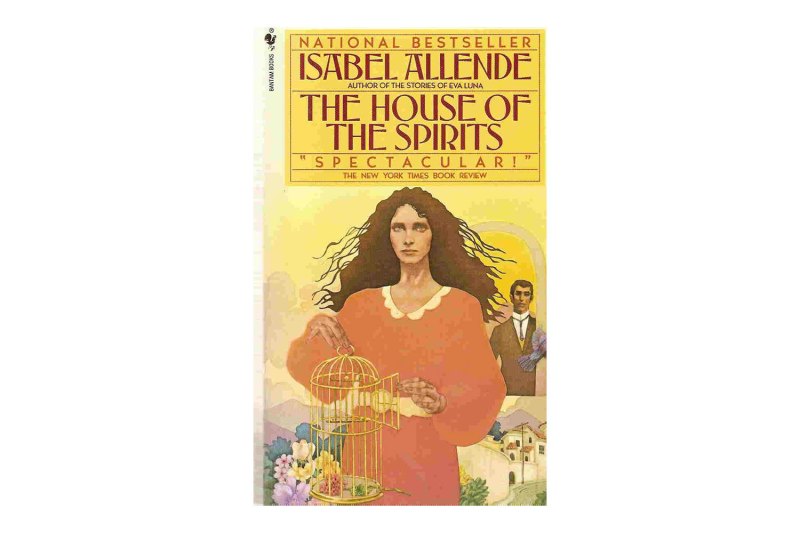
Continuing the tradition of the sweeping epic with a bit of magic coloring things up, this debut novel put Allende on the map as a major author of the late 20th and early 21st centuries. The book follows multiple generations of a Chilean family (actually, the country is never named, but it’s Chile) with all the ups and downs one expects from decades of life and then some. Beyond the drama of the Trueba family is the upheaval in that unnamed country itself, upheaval in which young Alba Trueba will come to play a pivotal role. (And don’t just watch the 1993 film version, powerhouse cast though it had. We’re talking Jeremy Irons, Meryl Streep, Winona Ryder, Glenn Close, and Antonia Banderas — wow, right!? Right.)
The Green House by Mario Vargas Llosa
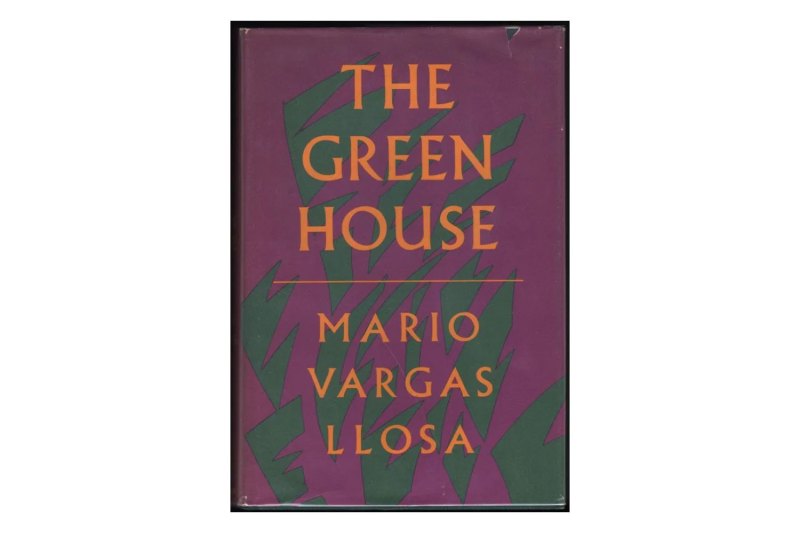
Move over David Foster Wallace, because before there was Infinite Jest, there was The Green House. Fair warning: This 1966 novel by Peruvian author Mario Vargas Llosa is not an easy read. But then the conflict at its center, innocence versus corruption, isn’t easy to solve. The book’s title refers partially to the Amazon rain forest which lies just beyond the fictional town at the center of the story and partially to a physically green house built on the outskirts of that town, a green house where sex is for sale and the character of the town and its inhabitants at stake. The sentences can be long and complicated and many merit reading twice to be sure you catch the meaning, but here the journey is the crux, not the destination.
When I Was Puerto Rican by Esmeralda Santiago
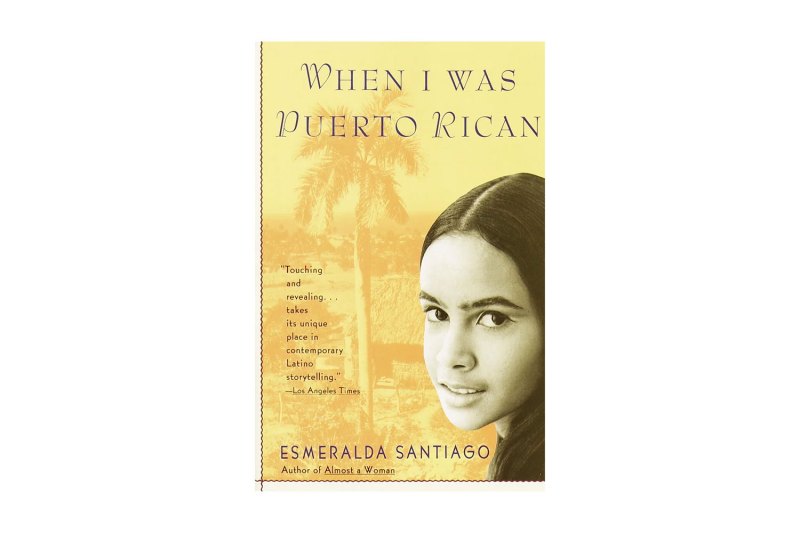
Memoirist Esmeralda Santiago is American by birth, having been born in Puerto Rico, but reading her story of childhood on the island and young adulthood after the family moved to New York forces one to ask what that really means. Her story has all the hallmarks of the immigrant’s tale save for the need to achieve citizenship or evade exclusion for lack of it: The culture she knew and loved as a child is almost unrecognizable in her new home. But Santiago managed to find her way, graduating from Harvard, authoring multiple acclaimed books, and becoming an advocate for troubled youth, battered women, and public libraries, among other things.
Open Veins of Latin America by Eduardo Galeano
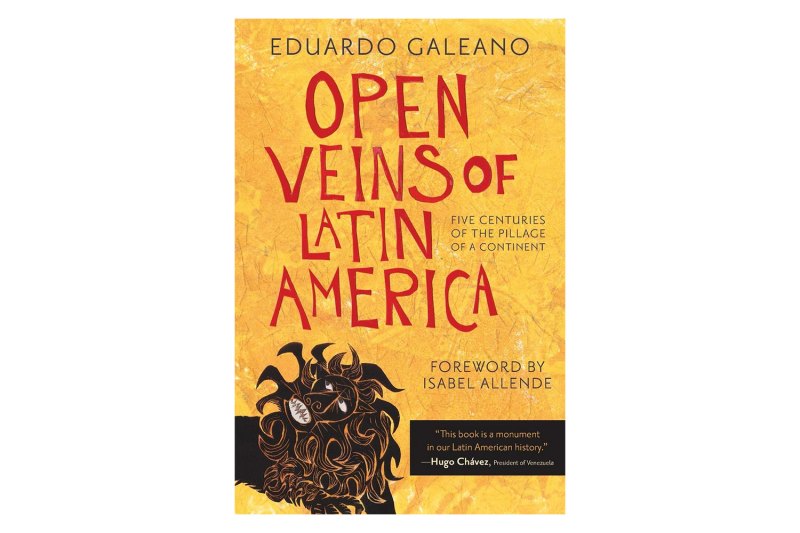
If you want to feel bad about living in an exploitative, acquisitive, rapaciously capitalistic country, read this seminal work by Eduardo Galeano. Still relevant almost 50 years after its first publication in 1971, the subtitle of this book will make its subject matter pretty clear: Five Centuries of the Pillage of a Continent. The book is a work of history, political science, social commentary, and condemnation all in one. The left-leaning book would be banned in multiple South American nations for much of the 20th century, the governments being held by right-wing strongmen.
The Motorcycle Diaries by Ernesto Che Guevara
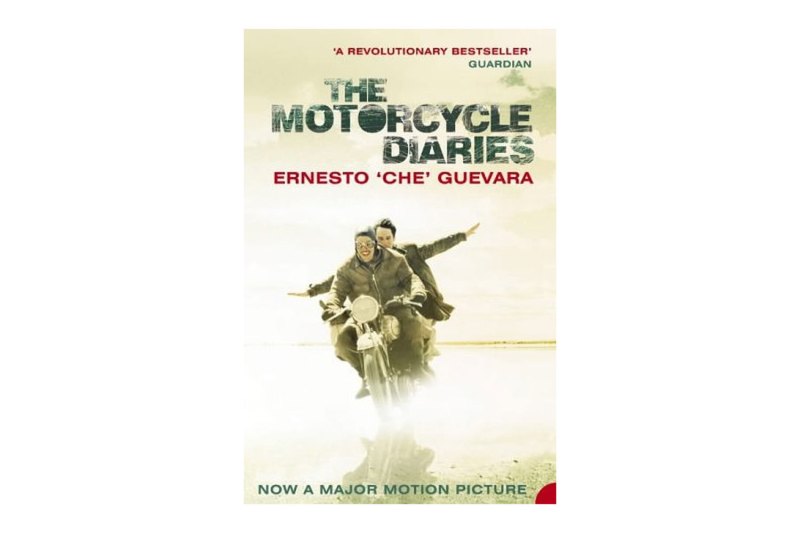
Read this book with a grain of salt. Yes, the account of the journey young Che took up and down South America is compelling. It’s filled with beautiful places, memorable people, personal insight, adventure, and the stirrings of political thought. It’s romantic in the non-sexual sense. It’s a part of Latin American history. But despite being all that and more, don’t forget that, best intentions aside, Guevara’s commitment to radical leftist politics indirectly (and in some cases directly) led to a lot of deaths.
Editors' Recommendations
- The 20 Best Books of 2022 For Your Next Read
- The 7 Best Running Books to Read For Every Kind of Runner
- 10 Great Books You Can Read in One Sitting
- The Best Classic Mystery Books Always Worth the Read
- 20 Books By Female Authors Every Man Should Read (or Re-Read) in 2022



